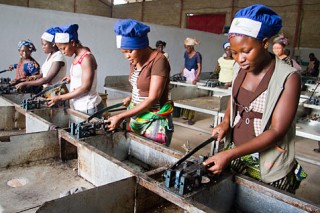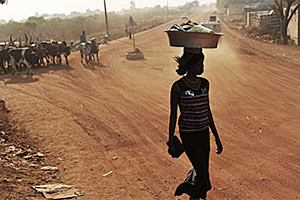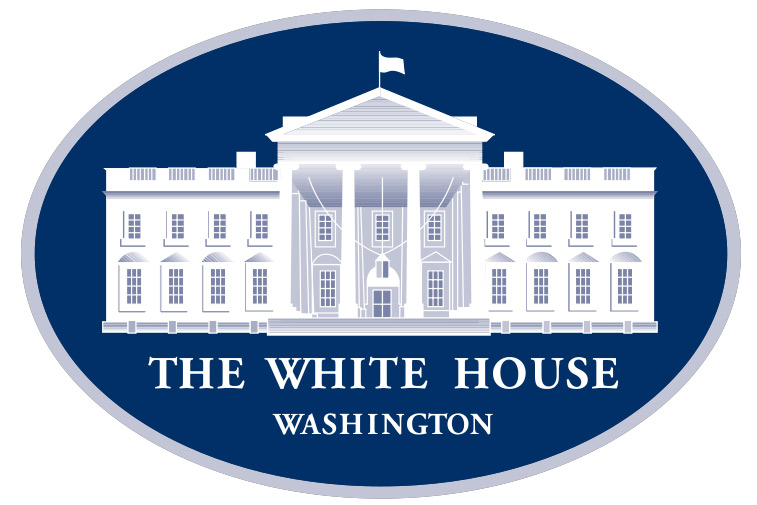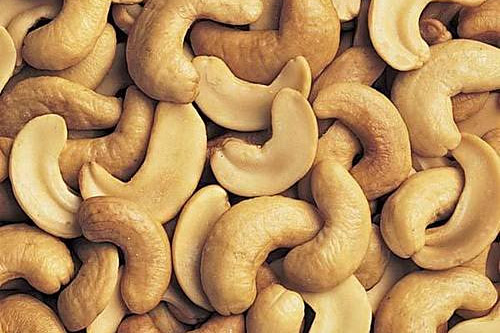Guinea Bissau: Cashew nuts a new hope for exports?
Near a field sown with ageing anti-personnel mines, dozens of women scraping, sorting and vacuum-packing cashew nuts in a new tin-roofed factory may be part of the solution to Africa's economic woes.
From Cape to Cairo, the world's poorest continent is blessed with verdant plains, forests of valuable hardwood trees and deep veins of ores. But it's largely bereft of skilled industry producing the finished products - like foodstuffs, furniture and jewellery - where the real earnings lie.
That may be changing in Guinea-Bissau, where the cashew nut is king. Factories are beginning to process raw nuts resembling dried snails into the firm, pale crescents familiar to consumers - and creating jobs in one of the world's poorest nations.
"The cashew is important for our country, because it's valuable," says one newly employed factory worker, Fatumata Buaro. "But I only learned that recently."
Buaro, a 31-year old mother of four, used to work selling eggs in the market. That job often brought in the same monthly wage of roughly $30 (about R206), but earnings were tenuous.
"Now, at the end of each month, I get paid cash," she says. "I can buy some land, because I know I can pay the fees each month," she says.
Analysts say that's one way to smash Africa's unvirtuous economic cycle, allowing people to help lift themselves out of poverty.
"Africa tends to export its raw material and it's a problem because the continent loses all the value added in production," says Ross Herbert, an analyst with the South African Institute of International Affairs in Johannesburg.
"Even if the Africans did modest amounts of production, they could create jobs and massively increase foreign earnings to their countries."
That's the hope in newly peaceful Guinea-Bissau, now one of the world's 10 poorest nations after years of coups, military dictatorships and two wars in forty years.
Raw cashew nuts with husks have for years represented upward of 80 percent of the tiny west African nation's foreign exports, valued at a paltry $54-million in 2002. Most of the raw commodity was shipped to India for processing.
This year, one kilogram of raw cashew nuts earns a picker the equivalent of about 50 US cents, while the cleaned, packaged product can sell for upward of $10 per kilogram, according to Mario Mendorca of Enterprise Works, a US-backed non-governmental organisation helping develop the cashew sector.
Only about five percent of total cashew exports are now the final, transformed product munched as a snack or cooked in curries worldwide, he said.
"Slowly, slowly, we're getting there," said Mendorca.
Tens of millions of dollars in potential income are being lost in a country where the capital, Bissau, has no reliable mains electricity or water and only launched a full-scale mobile phone service within the past few years.
In Guinea-Bissau and across Africa, the problems are legion and well identified: political instability, corruption, unskilled workers and disease frighten risk-averse foreign investors with the money to open factories.
Africa misses out on the manufacturing and production opportunities that have turned other once similarly poor countries, like Singapore or Vietnam, into increasingly modern, advanced and relatively prosperous nations.
Diamonds, timber, coffee, vanilla, gems, iron, copper, bauxite, zinc, chromium, cobalt, platinum: Africa has it all. Since owners of the land with the raw commodity get the sole prize, the struggle to control the richest territories are behind many of Africa's most-brutal conflicts, as in Congo, Liberia and Sierra Leone.
Guinea-Bissau gained independence from Portugal in 1973 after a 12-year armed struggle. Between 1998 and 1999, rival army factions sparked a civil war that led to the ousting of strongman Joao Bernardo "Nino" Vieira, who had been in power for nearly 20 years.
After a first round of voting last month, voters here choose a president in a July 24 run-off who will be the first democratically elected leader since a 2003 coup d'etat and subsequent transitional administration.
Hope is high in this nation of 1,3 million with massive rates of unemployment and illiteracy that the new leader will bring peace and stability and foreign investors will flock to the country to build infrastructure like cashew processing factories.
"If we can transform the cashew nuts here and sell that to the world, we can create jobs for lots of people and cut poverty across the country," says Filinto Martins, the 65-year old foreman of one of the country's cashew factories. "But it's always a question of finance."
At his factory, a privately owned Portuguese and Bissau-Guinean venture, workers cart sacks of raw nuts from trucks and tip them into a large rotating tumbler, which sorts the nuts according to size.
The nuts are then boiled and dried for hours, to loosen the tough outer husk. Cutters crudely pull off the outer epidermis, then send the nuts to a large room where about 70 women sit at communal tables.
The ladies, wearing white scarves on their heads, scrape the remaining husk from the nuts, sort them again before another round of drying, then pack them into vacuum-sealed packets for shipment overseas.
Near the factory, just down the road from a roped-off patch of land still heavily mined after the country's civil war, Apelizinha Te scurries through a cashew-tree orchard, searching for the pulpy, apple-like fruit from which the nut hangs.
If anyone is poised not to gain from increased production of finished cashews, it is those like her who only gather the nuts. They sell them to middlemen who supply the factories and exporters and who largely determine prices uneducated pickers get.
"Sometimes I grow tomatoes and other times I collect these nuts," Te says, a plastic bucket of cashews atop her head.
"I don't even know who eats these things," she says. Thinking of another impoverished country to the north, she hazards a guess: "Maybe people in Mauritania?"






